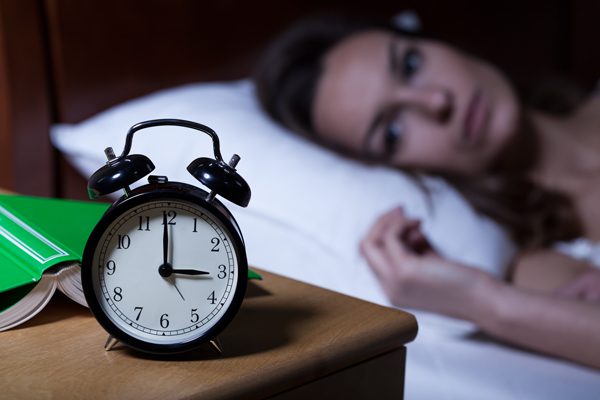
How to Deal with Insomnia During Recovery
If you’re anything like me, you live in fear of tossing and turning while trying to fall asleep.
Insomnia can have frustrating and devastating effects, especially for someone who is in recovery from substance abuse. Unfortunately, even though insomnia can be a symptom of detoxification from substances, taking sleeping pills is not the answer.
While sleeping pills may seem mild in comparison to drugs like heroin, cocaine, or benzodiazepines, they are powerful enough lead to addiction and have potentially fatal side effects. Sleeping pills pose a serious threat because they are often prescribed and often abused. Like many other drugs, sleeping pill takers grow to build a tolerance, which can lead them to use more, developing an unhealthy cycle of dependence and addiction.
People who have never experienced addiction can take sleeping pills safely under the guidance of a doctor. However, for those in recovery, sleeping pills are never an option—just as any substance that can cause dependence should be avoided.
Non-addictive Insomnia Relief
So what can you do to get help sleeping? The tips below are taken in part from Harvard’s Healthy Sleep website and Dr. Shelby Harris’s advice in a New York Times consult.
- Consult a therapist.
Just as in substance abuse, an underlying issue is often the cause of insomnia—depression, anxiety, stress, chronic pain, etc. A mental health or cognitive behavioral therapist can help you process those underlying issues and develop behaviors that will aid sleep. - Improve sleep hygiene.
Drinking caffeine late in the day is an obvious no-no if you struggle with insomnia, as is eating difficult-to-digest foods late at night. Good sleep hygiene also includes getting plenty of sunlight during the day, limiting nap times, and getting regular exercise. - Make your bedroom sleep-friendly.
Use dark shades or curtains to keep out extra light, keep the temperature cool, and shut out as much noise as possible. Keep all non-sleeping activity out of the bedroom: watching television, using your phone, reading a book—do these things elsewhere in the house so your body and mind begin to associate the bedroom with sleep. Consider buying a new mattress and/or pillow. - Consider natural remedies and supplements.
Certain vitamins and minerals, like calcium and magnesium, aid sleep. Dr. Josh Axe also lists herbal remedies (valierian root, for example), foods, and essential oils that can help release chemicals that aid in relaxation and sleep.
Signs of Sleeping Pill Abuse
If you suspect that someone you love is abusing sleeping pills, but aren’t sure what to look for, common symptoms of sleeping pill abuse include memory loss, drowsiness, dizziness, and poor coordination. People abusing sleeping pills may start missing family, work, or social obligations, and they may develop rare sleep disorders like sleep-walking, sleep-eating, sleep-driving, etc.
The longer someone abuses sleeping pills, the more the substance builds up in their body causing negative side effects. These include:
- Irregular heartbeat
- Depression
- High blood pressure
- “Rebound insomnia,” which occurs when the person stops using sleeping pills. It is often worse than the original insomnia which led to the use of pills. It can also lead to bad dreams, which cause anxiety.
If you are taking sleeping pills and wondering if you’re developing a dependency, look for the following signs:
- Craving a pill. If you feel a need to take sleeping pills, even if you rationally don’t want to, you may struggle with addiction.
- If your work, family, or social life is affected, then perhaps sleeping pills are beginning to control your life.
- Doctor hopping. If you use up your prescription and go to other doctors to get more drugs, then you might be dependent.
It’s important to seek help if you or someone you know struggles with addiction. Victory Addiction Recovery Center is there to help. Victory’s holistic approach provides counseling for those in the recovery center. Licensed staff give support to individuals and families of those struggling with addiction and can help you address the deep issues of addiction recovery. If you, or someone you know is abusing substances, contact Victory Addiction Recovery Center and ask about how to get help.
